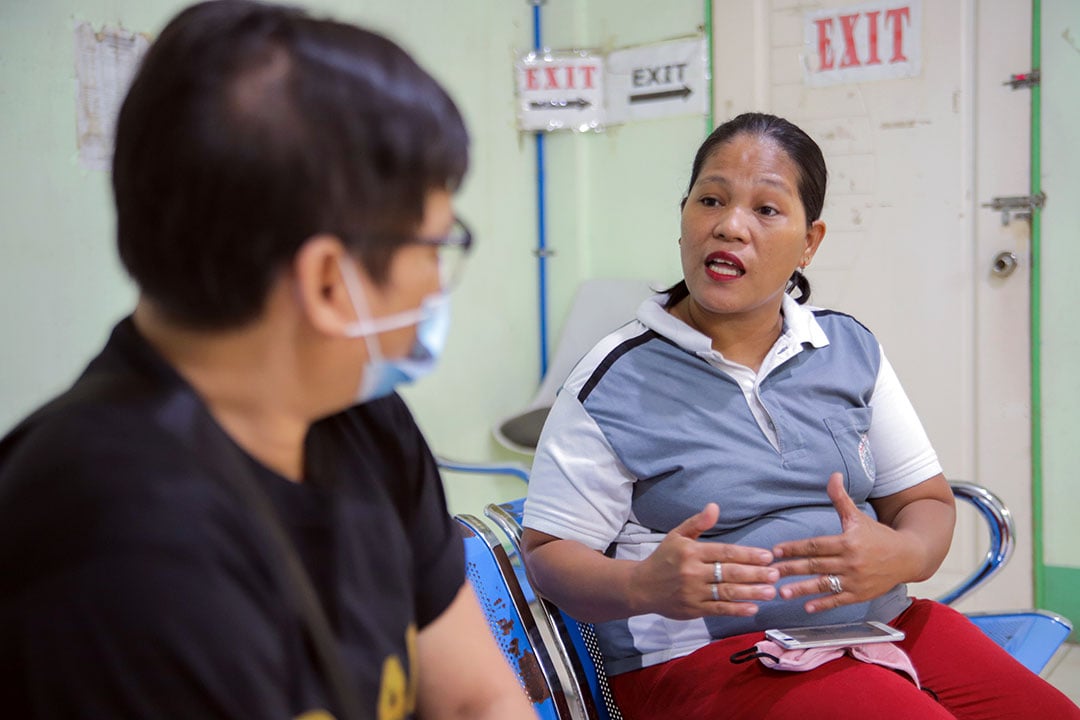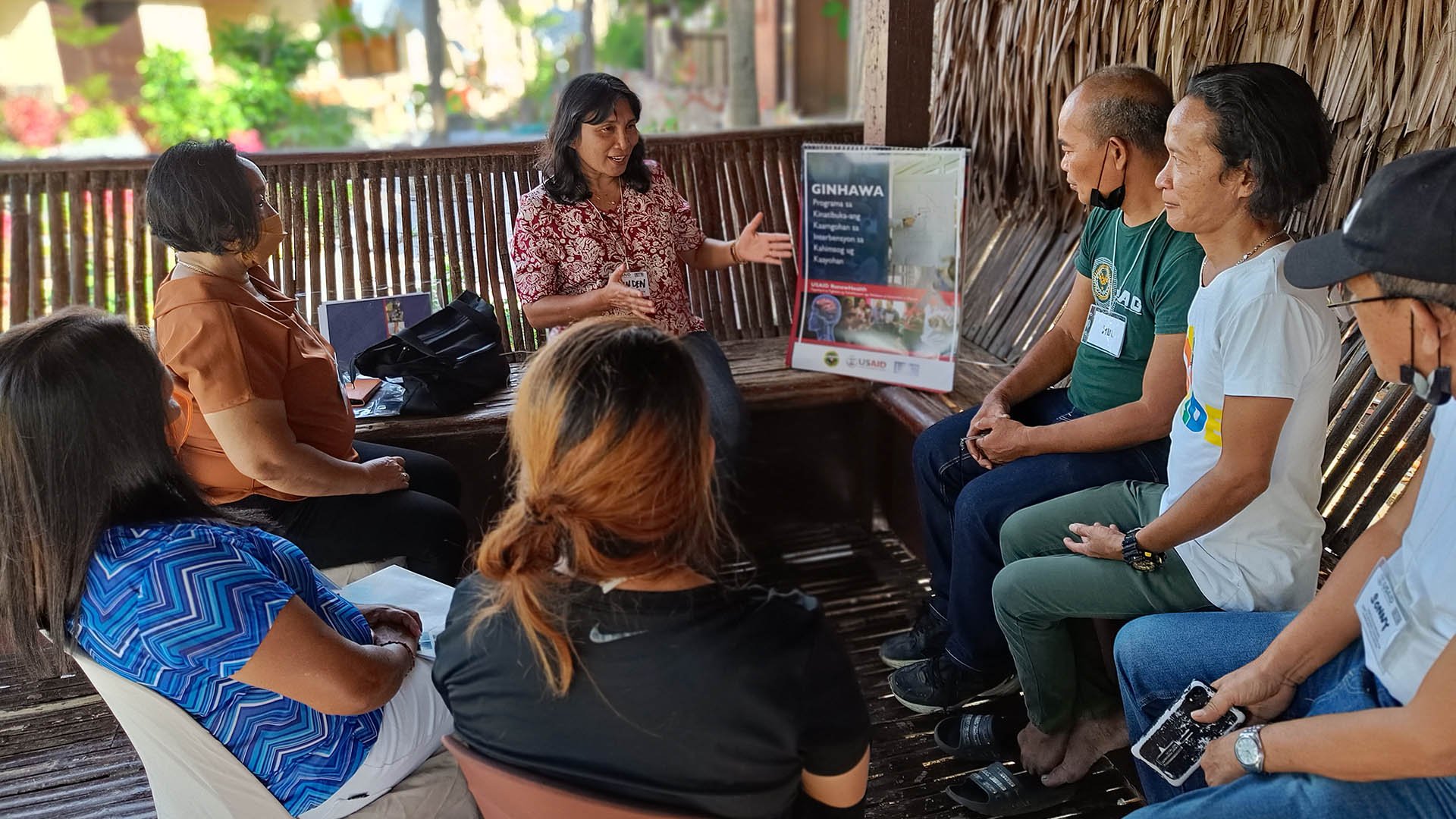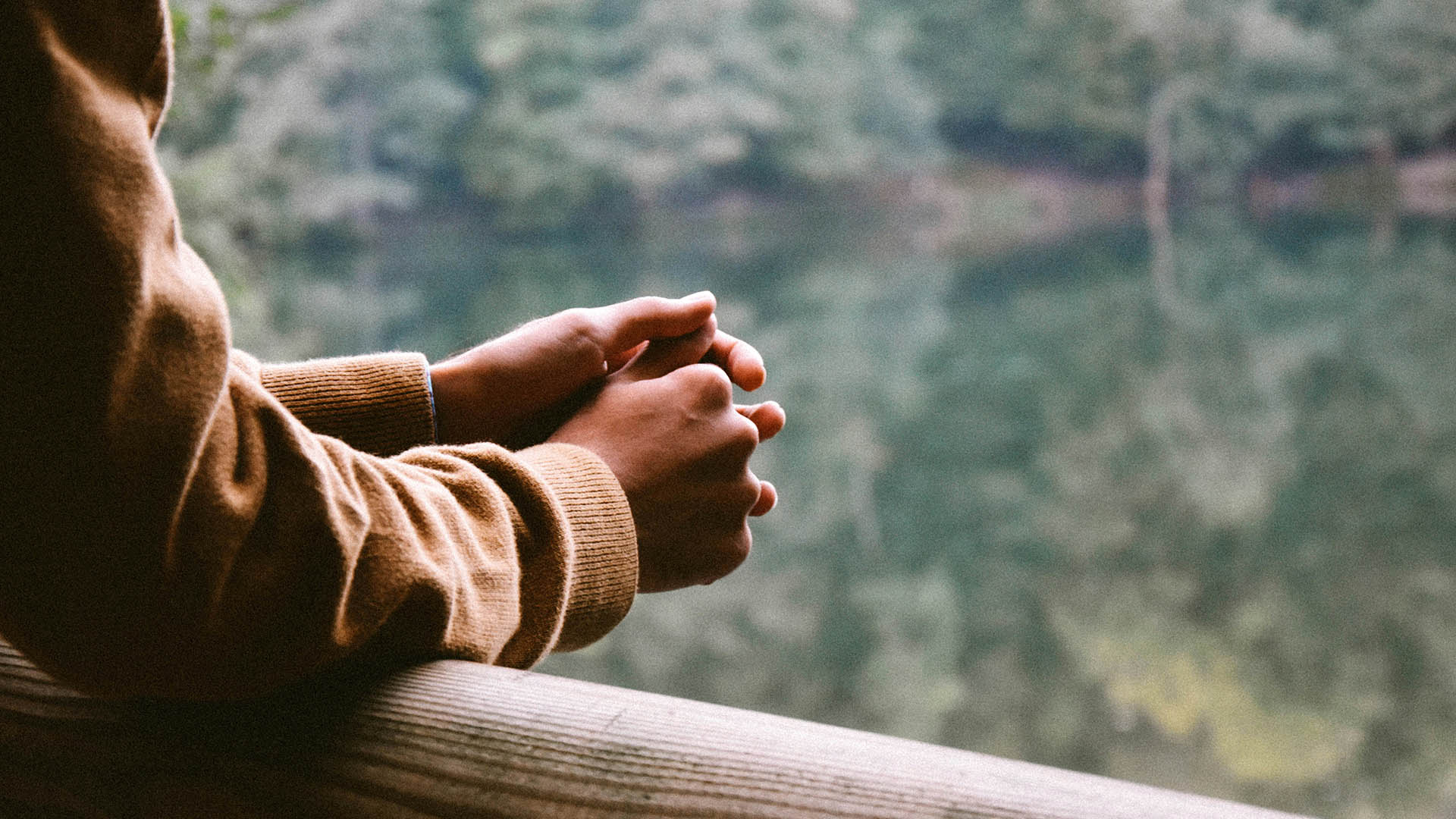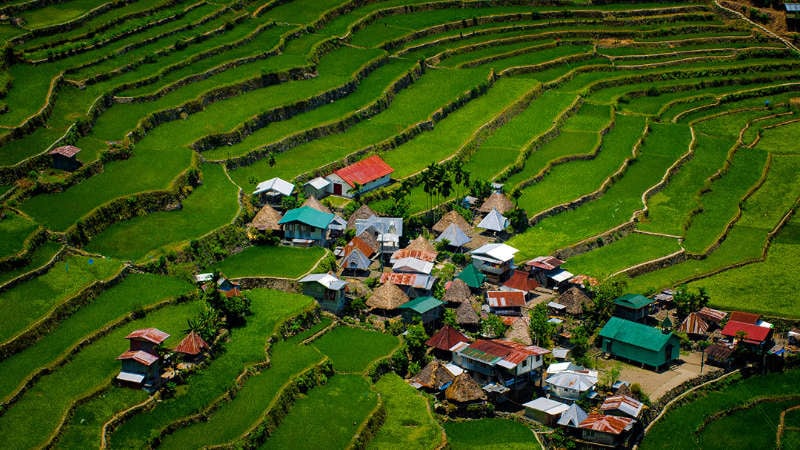Carmen, age 40, was named after the barangay (village or neighborhood) in the city, Cagayan de Oro, where she was born. It is in that same barangay where she became involved in drugs.
“I first tried drugs at age 20 because I was curious; then I became a regular user,” said Carmen.
Carmen married and had a son. Then her husband died in an encounter with police because he was selling drugs. “I woke up one day and asked myself ‘what will happen to my son?’”
To avoid the temptation of using drugs, at age 23, Carmen and her son moved from her barangay to the capital city, Manila, to live and work. For 10 years, she stayed clean. After ten years, she returned to Cagayan de Oro and remarried. Unfortunately, her second husband was also involved with drugs and ended up in jail.
“My life became very complicated when my (second) husband was imprisoned and I started using drugs again. It was worse this time because I was selling drugs too.”
A Second Chance
In 2017 when the Philippine Government intensified its campaign against illegal drugs, Carmen was put on a “drug watch list.” The city’s Anti-Drug Abuse Council invited her to attend an orientation at the Oro Citizen’s Wellness and Development Center, a facility that rehabilitates and treats people who use drugs (PWUDs).
The orientation involved screening by a trained health care worker to assess her level of drug use. She was invited to attend a Community-Based Drug Rehabilitation (CBDR) program.
“I was inattentive and spaced out when I first attended the orientation,” recalled Carmen. But over the next six months, she attended CBDR sessions and learned how drugs impacted her mind and body and caused her life to be in disarray. More importantly, the program gave her the skills to manage her cravings, understand her triggers, and ultimately, recover from drug use.
“When I stopped using drugs and completed treatment, my physical, mental, and emotional life changed,” said Carmen. “I cried and told myself that it is never too late to change.”
In 2018, Carmen completed her CBDR treatment and moved on to an aftercare program to learn vocational skills and start an alternative livelihood. She began earning income by making and selling handicrafts and started on a path to live productively and make healthier choices for herself and her family. She encouraged her husband to complete his own treatment in the same program.
Rhyselle Descallar, who heads the Oro Citizen’s Wellness and Development Center, saw the change in Carmen.
“When I met Carmen, I saw a person who was broken and slowly starting to change, especially when she attended skills training. The potential to earn an income in a respectable way was a changemaker,” said Rhyselle.
CBDR as a Changemaker
The URC-implemented USAID RenewHealth Project works in 20 cities across the Philippines, including Cagayan de Oro City, to increase access to CBDR services and reduce drug dependency.
The project trains community facilitators in evidence-based and culturally appropriate CBDR methods. USAID RenewHealth designed and produced a treatment booklet to assist health service providers at the local government level record and monitor the treatment and progress of their clients and determine if they are eligible to complete the CBDR program.
The treatment booklet also helps PWUDs document their drug recovery journey. It serves as a guide to better understand the steps in recovery, including screening, rehabilitation, and treatment, as well as aftercare. Social behavior change messages in the booklet encourage PWUDs to complete their recovery journey.
USAID RenewHealth will distribute 32,000 copies of the booklet to 1,596 barangays in project-assisted sites starting in June 2021.
“A treatment booklet to help monitor the client’s progress and journey is an excellent way to share stories and inspire others about recovery and change,” Rhyselle said. “Pandemic or not, there is hope for lives to change through CBDR, and our advocacy continues.”
A New Journey
When Carmen completed her treatment, Rhyselle saw the potential for her to become a community facilitator. In October 2019, Carmen, along with 62 community facilitators, attended the first CBDR training provided by USAID RenewHealth in Cagayan de Oro.
With training and guidance, Carmen’s life has totally changed. The former drug user is now a champion of CBDR.
Today, Carmen is a certified community facilitator in Cagayan de Oro, where she works with clients, compassionately helping them navigate their own treatment journeys. Meanwhile, her husband is a church volunteer and spends most of his time making candles and crafts, while their children attend school.
To date, USAID RenewHealth has trained nearly 500 community facilitators from project sites across the country to deliver CBDR services to PWUDs, creating a cadre of local trainers and coaches to sustainably implement CBDR services.
“The path to recovery may be difficult, but we should not give up. I am living proof that change is possible with Community-Based Drug Rehabilitation,” said Carmen.



